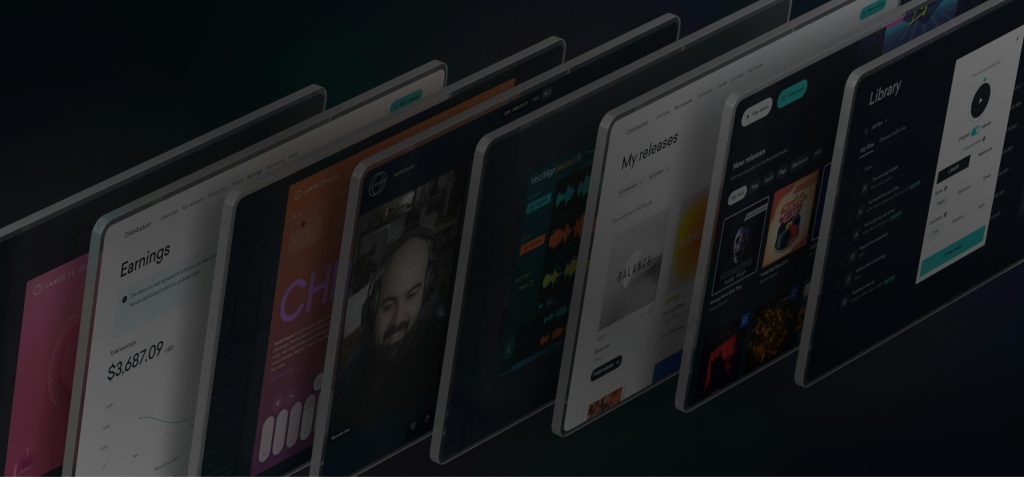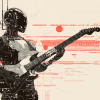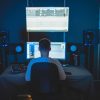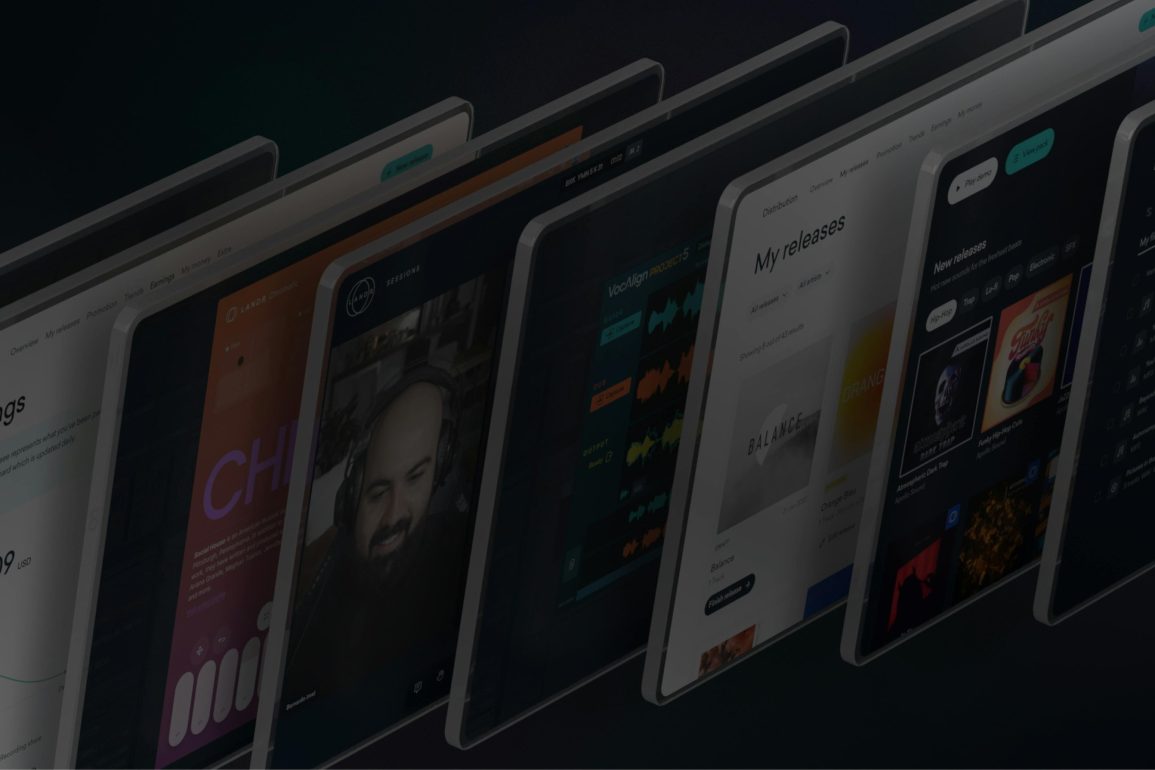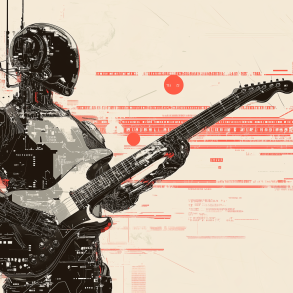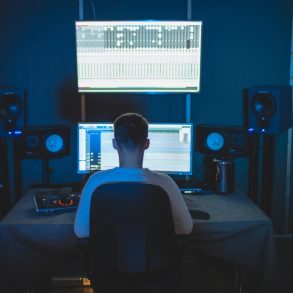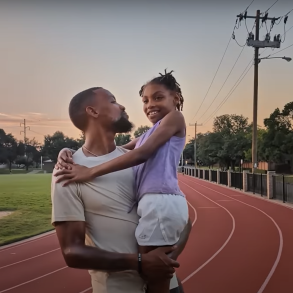LANDR, an AI-centric platform for music production, distribution, and education, has introduced an innovative way for musicians to benefit from the AI era with its new Fair Trade AI program. This initiative allows musicians to opt-in and contribute their songs to train LANDR’s AI models, tools, or systems, promising both consent and compensation. Marketed as the “music industry’s first mature opt-in attribution model,” LANDR aims to provide artists with a new source of recurring revenue while advancing AI music technology.
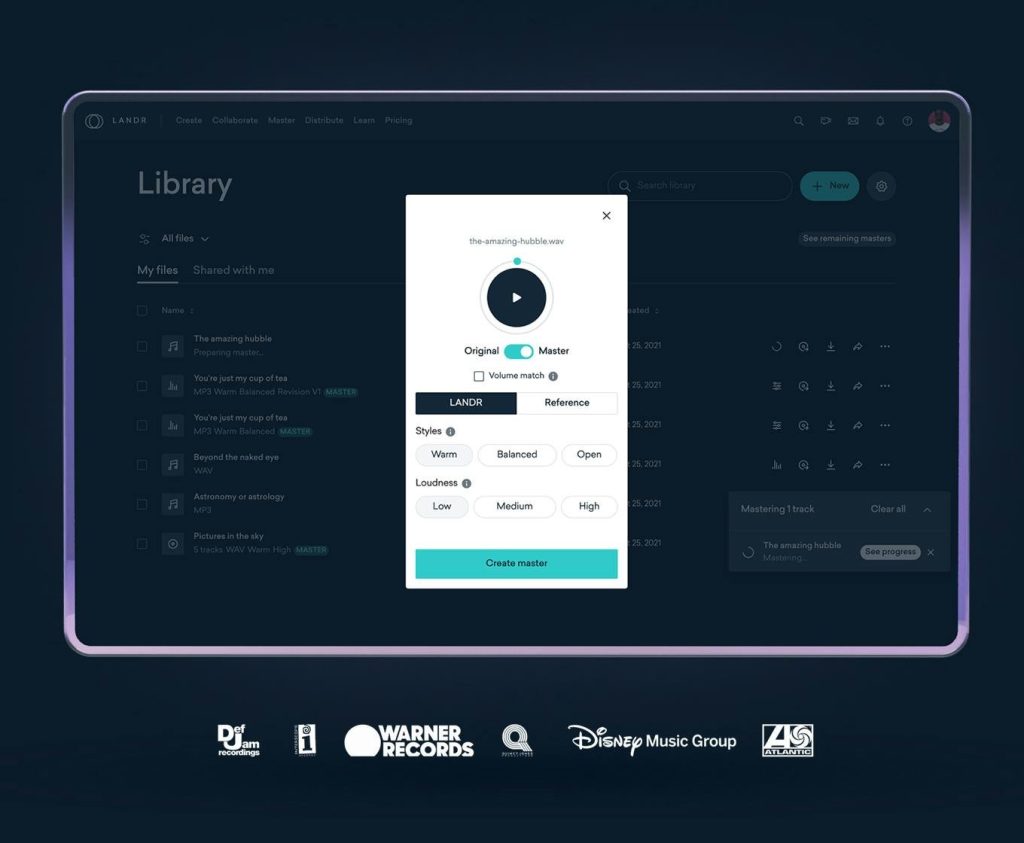
LANDR has been involved in AI music since launching its early AI mastering solution in 2013. The company now offers a broad range of tools, including distribution services, educational courses, plug-ins, and mastering. Participating artists will earn 20% of the revenue generated by LANDR’s AI tools—be it an AI plugin, mobile app, or cloud service—that use the contributed dataset for training. Musicians can continue to add new music to the dataset over time, increasing their share of the 20% revenue pool.
Despite plans to license their AI tools to third parties, LANDR will not sell or license the dataset to other AI music companies. “It’s the best of both worlds,” says Daniel Rowland, head of strategy and partnerships at LANDR. “Our users benefit, without their data being directly in the hands of numerous companies—it stays with us.”
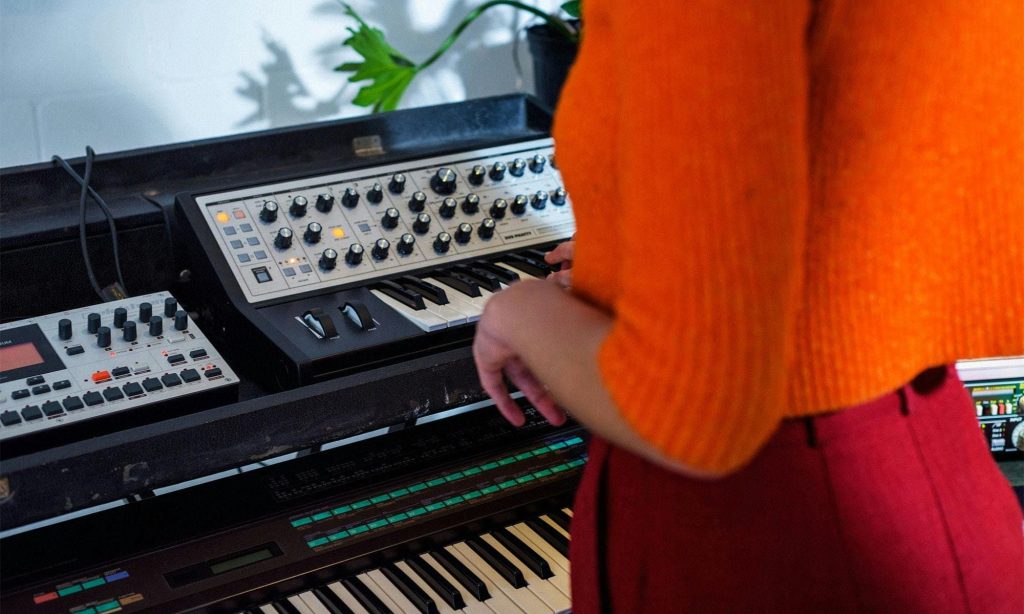
Musicians can submit their music to the program, provided they own full publishing rights. LANDR will curate the tracks added to the dataset. Musicians using LANDR’s distribution services can quickly opt-in to the Fair Trade AI program by checking a box during the release process. Users can also opt-out at any time, though their works will remain part of the dataset until the next training cycle, which occurs every 2-3 months.
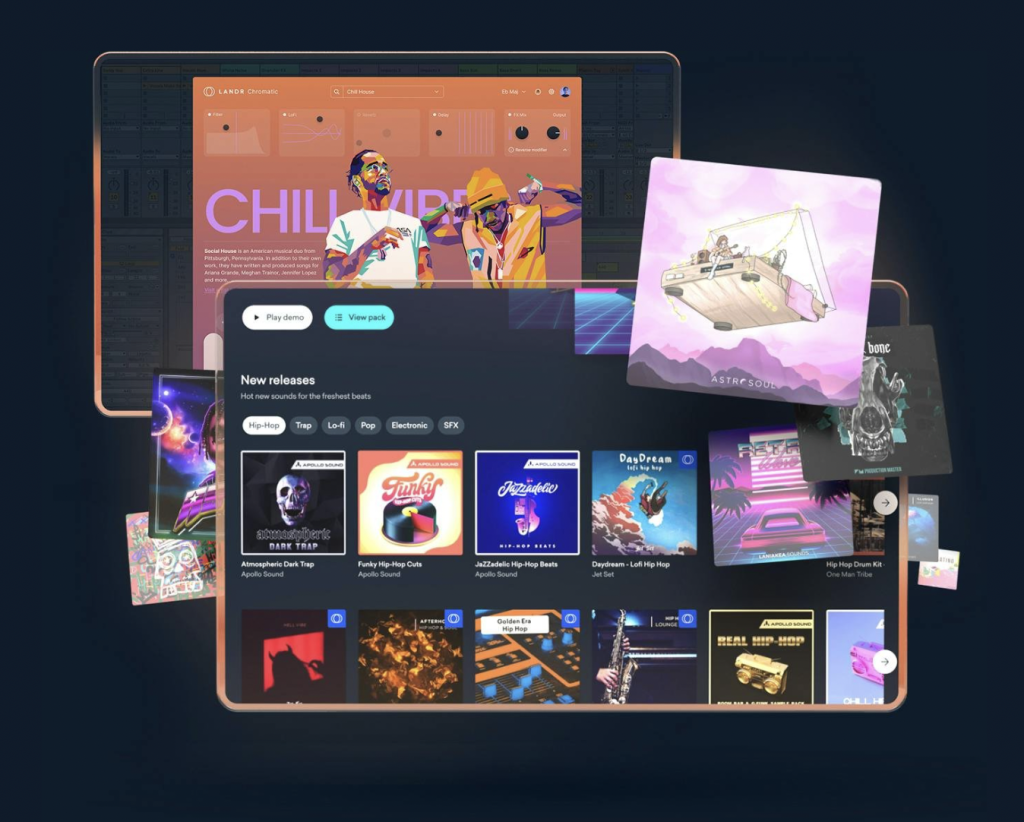
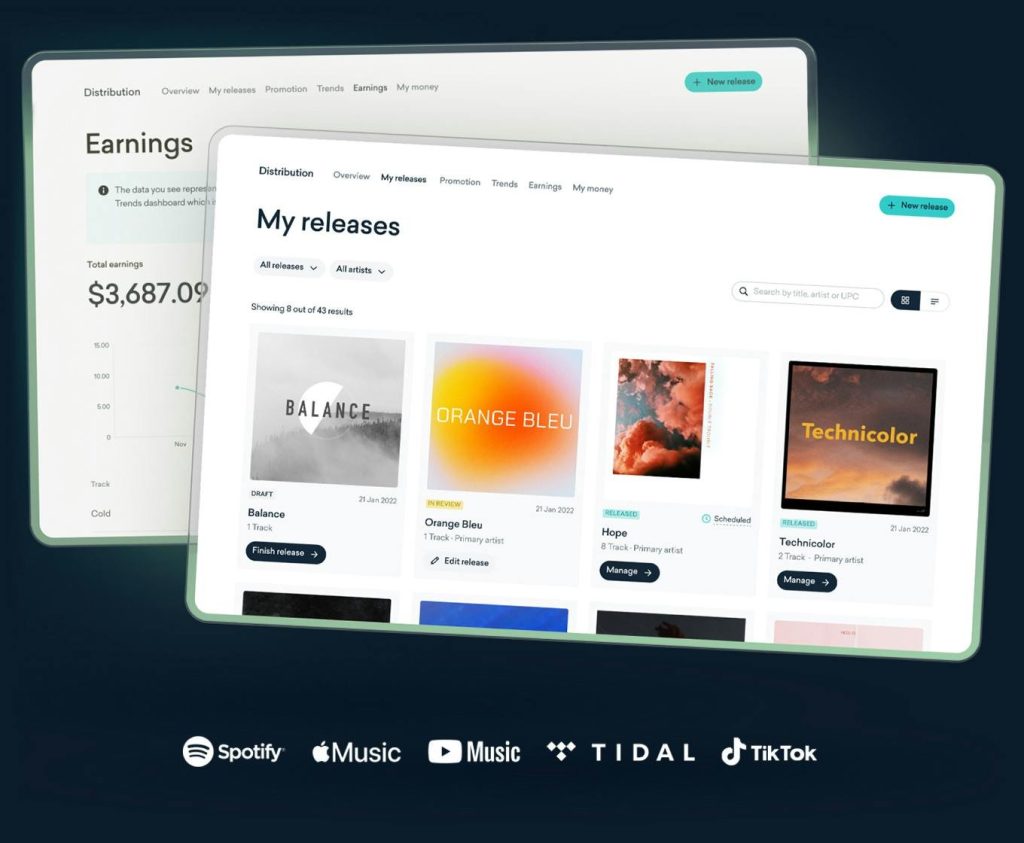
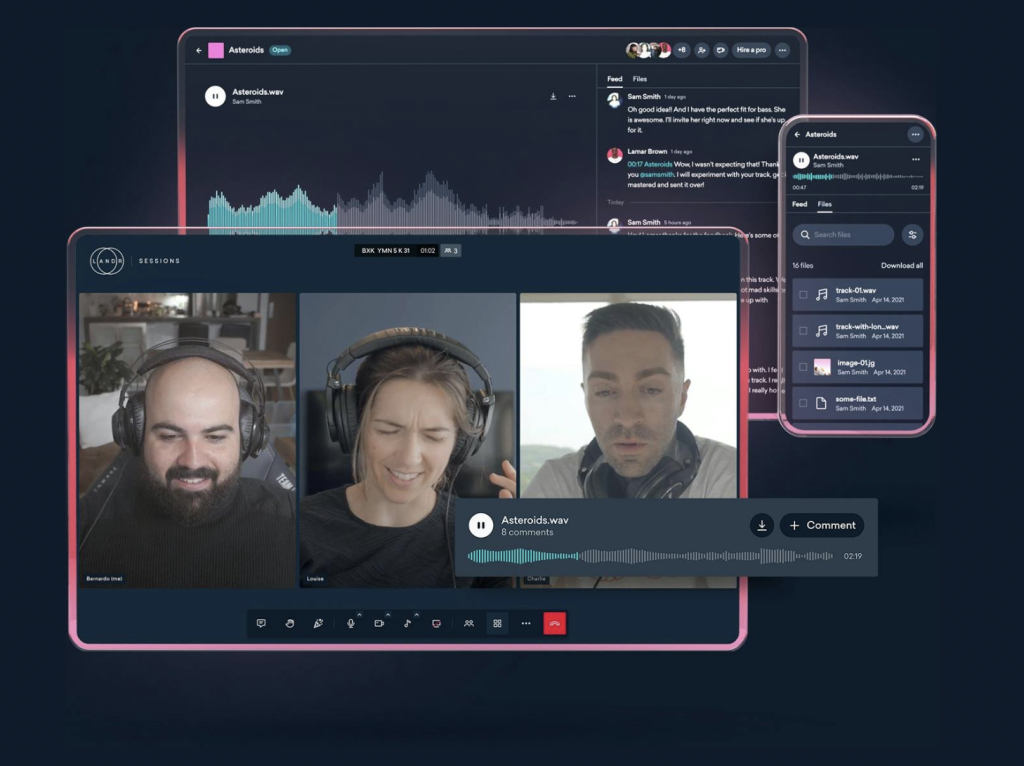
Pascal Pilon, founder of LANDR, highlights the mission of the new program: “Our mission at LANDR is to empower musicians to create, get heard, and monetize their work. As we’ve watched the emergence of new generative AI tools over the last year and the legal challenges ahead for the industry, we now see an opportunity to use our reach to bring the market to a place that is sound and exciting for DIY musicians worldwide, while developing assistive tools to enhance—not replace—their creativity and workflow.”
